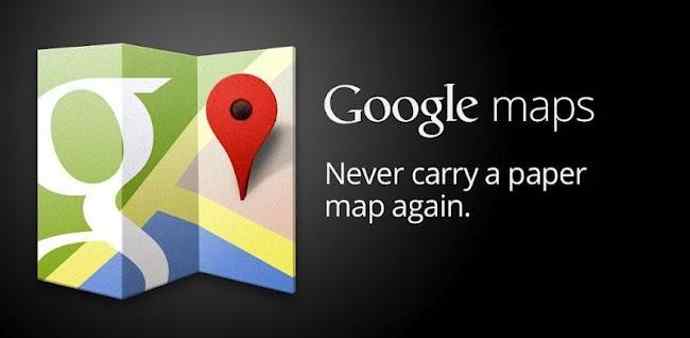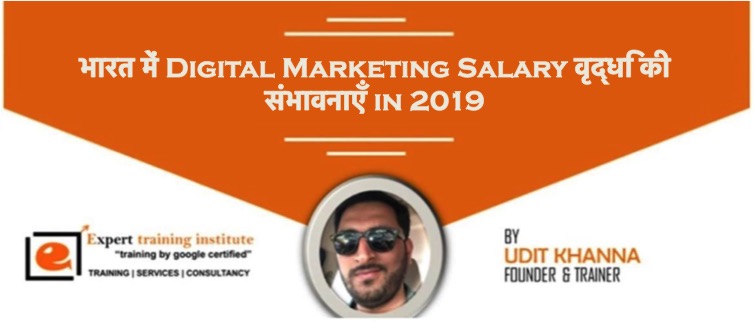The Social Tsunami: Digitally Integrated 2020
Few journeys are as forbidding as those that take us into the unknown. We neither know what to really expect nor how to respond.
This is truly frightening, especially for the modern leadership class that has been honed to sharpness through a collection of analytical approaches and the wisdom of case studies, all of which lead us to the development of a mastery of the uncertain. Alas, the uncertainty is of little use in confronting the unknown.
In confronting the uncertain, we are blessed with access to knowledge, numbers, and likelihoods that allow us to make judicious, not to say ‘optimal’ choices based on what we know about the past.
While the uncertainty is different from what we know that difference lies in degree, and by applying lessons learned from past uncertain experiences we appreciably raise the likelihood of making a good choice for the future.
With the unknown, however, there is no knowledge, number or likelihood to rely upon. The unknown is unknown. We know not where the future is going, or even have the capabilities to get there. New customer needs will be emerging, with new players addressing them.
There’ll be a new source of talent and new game rules. These are all secrets. We can’t predict or anticipate anything. Nevertheless, it is in this unknown that the future of most sectors is to be sought, and as leaders, we must somehow resolve our reluctance and strive with some degree of grace to move ahead.
The choice of the metaphor of a “tsunami” is an at one for thinking about addressing a digital future that is both compelling for its promise and frightening for the unknown qualities associated with this promise.
We all know that business models, organizations and leadership styles will be profoundly disturbed by the mindsets we will come to associate with our new digital era, but just how they will change ad what we will have to do differently in the future is what is so unknown, and the fear associated with all of this is that by the time we figure out what is required, the waves of change are likely to be seeding across the horizon, upsetting the familiar in its path.
If we don’t quickly take action to get out of its way, we too may become victims of the terrible power of changing tastes and mindsets gone viral.
The Future is Already Distributed, it is Just not Uniformly Distributed
When the impetus of change has become so imminent that its existence is concentrated, so immediately the unknown is apparent, and those w are ready to adjust quickly and are in the best position for survival at present.
So with other major changes, digital transformation could be the greatest big change of all.
Digital is Not Always Technological
Digital is not about technology. It’s about finding human individuality, and technology becomes an enabler.
But what an enabler? The all-pervasiveness of digital ‘enablers’ in a soon-to-be-here society, that is connected through the Internet of Customer Experiences, is bound to profoundly alter the mindsets of customers, our value-ecosystem partners, our employees and ultimately ourselves.
For us, this means a notion for integrating design principles of being inclined towards digital marketing. We, as a team, as an organization, need to develop our work habits through the market trends which we can integrate them with digital marketing courses so that we are:
- Borderless thinkers
- Faster
- Data-driven and (yet) individual
- Talent-centric and obsessed with hiring the right talent
Fast is The New Cadence of Social Digital Lifestyle
For a few years, borders are becoming increasingly inconsequential; you’ve got to be where you’ve got to be. It is what I as a customer expect in any engagement that I’m a part of.
After all isn’t that what I get normally at home, on the internet, every day? And, without a doubt, the genomic revolution, unfolding in parallel with the digital revolution, will not only add more data to our lives but will enable individualized therapeutic responses to that data at the same time.
All of this is driving a revolution of expectations; a revolution of mindset, all around us; and the right talent is the one key asset required at the very center of what will make it work.
Does Tsunami Warn us of Massive Changes?
When the Tsunami hit the first time in the year of 2004 that killed an estimated 40’000 people. That was also the time when the industrial revolution was making its presence felt. The economy was giving way to new world order.
The industrial revolution uprooted families from farms and there them into factories and a world they were unprepared for. They did not have the necessary skills for this new world and had to adapt, working alongside machines that seemed so much more efficient than human beings. The industrial revolution gave rise to blue-collar workers.
Maybe Tsunami’s are nature’s way of warning us about the impending churn in another part of our lives. This article will tell you how the digital tsunami has made an impact on a globalized world.
Habits are Difficult to Change
We are creatures of habit. Habits are the brain’s effort to stay on autopilot. Habits are painfully slippery and hard to form but once formed, they are just as hard to get rid of.
Habits are the result of our brain’s effort to spend less energy on doing some things. This happens when the brain forms a routine out of a sequence of actions so that it can be done effortlessly.
Some people have the habit of posting photographs about their ‘cool’ experiences on social media to show their friends what they are doing. For instance: you come to know from a social update that your friend had visited a city and you called him or her and then your friend protested that “The traffic snarls in your city, discouraged me from even trying.” Then you protested saying why didn’t you call? Then he responded saying ” how is it calling you from your city going to be any different in any way? Would you speak to me differently?”
That was an ‘analog mindset’ at work. It was a relic of the past when there were no phones. Intercity calls were expensive. On the other hand, digital options are growing. The year 2013 saw a huge growth of social media channels like Twitter, Facebook, etc.
If most people below their 20’s are getting their news from twitter, what happens to newspapers? When advertisers turn their backs on newsprint, newspapers faced with an uncomfortable reality have been in denial about the digital revolution.
In The Digital World, Customer Owns your Brand
The digital world demands new behaviors, new organization structures and new approaches to talent, which may vary from medium to medium. The digital world is throwing up new information every day. It will force us to keep updating our assumptions and data points in which we view the world.
To change one’s behavior one has to update one’s knowledge and belief. The new information trickles down ever so slowly before it’s got adopted. However, in the digital world, change takes place so rapidly that it leaves people little time to update belief and stay relevant.
Individuals cannot wait for someone to help them replace the almost-unconscious habits that have been formed over the years. We have to change ourselves before the digital shifts change the world as we know it.
A good comprehensive digital marketing course could be a good habit to adapt and make us be updated with what’s happening in this paradigm of the digital shift.
The way we live, the way we buy, the way we communicate, the way we manage others and ourselves all need to change. The enormity is overwhelming. We have to make a start somewhere.




